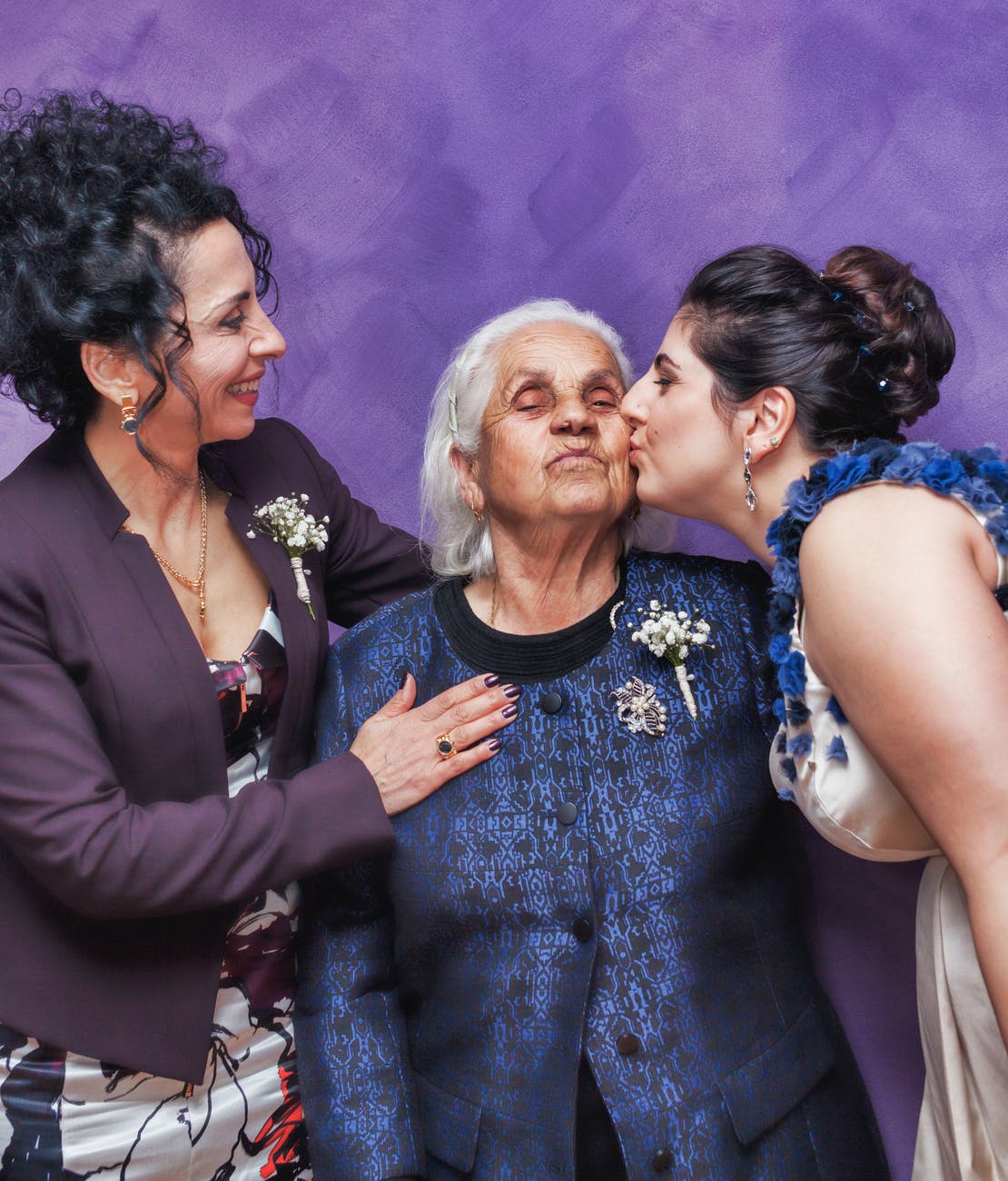With the deadline to get onto the EU Settlement Scheme rapidly approaching, people all over the UK who have come to know this country as their home will be feeling tense and confused about where they will stand come the 30th of June. While the Home Office often sugar-coats the immigration system as straight forward and easy to navigate, this is often not the case in reality. One such area of complication is the rules regarding retained rights of residency, particularly when it comes to family members of EU/EEA citizens who have lost their sponsor due to circumstances out of their control.
For example, what happens to the parents of a non-EEA national who have come to join their child in the UK who has married an EEA national, only for that marriage to dissolve? That marriage was an essential part of their right to be in the UK, as far as the guidance lays out. The marriage was the glue that binds them to the UK, so when that glue is melted away, where are the parents left? Or if a son or daughter of EEA nationals is left by their parents, on whom they relied on for their status? The answer lies in the notion of retained rights of residency, which is what this article will explore.
What are retained rights of residency?
A retained right of residency is when a person who previously had the right to remain in the UK is permitted to continue to legally reside in the country even when their circumstances change, for example through bereavement or divorce. Each case will be measured on its own facts, and being successful in achieving a retained right of residency will depend on the applicants specific situation.
With a retained right of residence, people are free to apply to the EU Settlement Scheme by the 30th of June, whereby if they are successful they can legally remain in the UK. One difference would be that those applying under the retained rights of residency cannot then go on to sponsor another person looking to come to the UK, they would be cementing only their own right to remain.
This sounds too harsh to many people and unreasonable. By the law of natural justice, a person should not be penalised through something which is no fault of his/her. As stated above, people who have retained their right of residency have done nothing wrong. In some cases, they are even victims of crime, like domestic violence. Should their circumstances have not changed, say, their marriage continues, they would have been able to sponsor other family members or relatives (like parents, children or stepchildren or even cousins or nephews) to the UK. It will not be fair if they are stopped from being doing so now.
So, who is eligible for retained rights of residency?
There are many ways in which someone could be eligible for retained right of residency. For example, if your eligible family member passes away, you get divorced or a member of your family gets a divorce, or a relationship has broken down due to domestic abuse or violence.
In general, where an eligible family members passes away, their dependents would retain a right of residency if they had lived continuously in the UK as their family member for at least one year immediately before their death.
Or, thinking along different lines, let’s say a child of an EEA national is left by their parents in the UK. If that child is enrolled in an educational course in the UK immediately before the relevant EEA citizen (or, as the case may be, the qualifying British citizen or the relevant sponsor) left the UK, died or ceased to be a relevant EEA citizen), and continues to attend such a course, the child will be able to apply on the basis of retained rights of residency.
In terms of a divorce or relationship breakdown, those who were in the relationship and their family members can apply to the EU Settlement Scheme so long as one of the following applies:
- the marriage or civil partnership lasted for at least 3 years and the couple had both been living in the UK for at least one year during that time
- you have custody of the EU, EEA or Swiss citizen’s child
- you have been given right of access in the UK to the EU, EEA or Swiss citizen’s child and the child is under 18
- you or another family member was the victim of domestic violence or abuse in the marriage or civil partnership
You can also apply if a family member had an eligible marriage or civil partnership and you lived in the UK when it ended. You must be their:
- child or grandchild under 21 years old
- dependent child or grandchild over the age of 21
- dependent parent or grandparent
You can apply if your family relationship with an EU, EEA or Swiss citizen has broken down permanently because of domestic abuse or violence.
You can apply if you are or were there:
- spouse or civil partner
- unmarried partner
- child or grandchild under 21 years old
- dependent child or grandchild over the age of 21
- dependent parent or grandparent
Of course, these are general circumstances that we feel will affect many people in a broad sense, but there will be many more types of circumstances where retained rights of residency could come into play. Each case will be judged on its own merits, and it should not be taken for granted that if your situation is similar to those listed above that you will automatically be successful in your application.
EU Settlement Scheme Maze:
Although the Home Office launched its EU settlement scheme more than two years ago, due to its complexity, many people are still struggling to get grips with its requirement and application procedure. We would like to summarise it here very briefly for those who are entitled to retained right of residence.
To be clear, if the family members have not already applied to the EU Settlement Scheme, they must apply based on retained rights of residence before 30 June 2021.
If the family members have already applied to the EU Settlement Scheme for pre-settled status as the family members of a relevant EEA national, but during the 5-year pre-settlement, the marriage of the EEA national breaks down or the EEA national dies, the family members does not need to apply for pre-settled status again if they have retained right of residence. They simply need to prove their retained right of residency after the relationship broke down when they apply for settled status.
If the family members already has settled status, their relationship with the EEA national will not affect their settled status.
Have questions? We are here for you!
We understand that the EU Settlement Scheme can seem daunting, but you do not have to face it alone. We are here to help you every step of the way. If you are not quite sure of your rights or how to apply for your status, please do not hesitate to contact us.
Call us on 020 7928 0276, phone calls are operating as usual and will be taking calls from 9:30am to 6:00pm.
Email us on info@lisaslaw.co.uk.
Use the Ask Lisa function on our website. Simply enter your details and leave a message, we will get right back to you: https://lisaslaw.co.uk/ask-question/
Or, download our free app! You can launch an enquiry, scan over documents, check progress on your case and much more!
Links to download below:
iPhone: https://apps.apple.com/us/app/lisas-law/id1503174541?ls=1
Android: https://play.google.com/store/apps/details?id=com.lisaslaw








